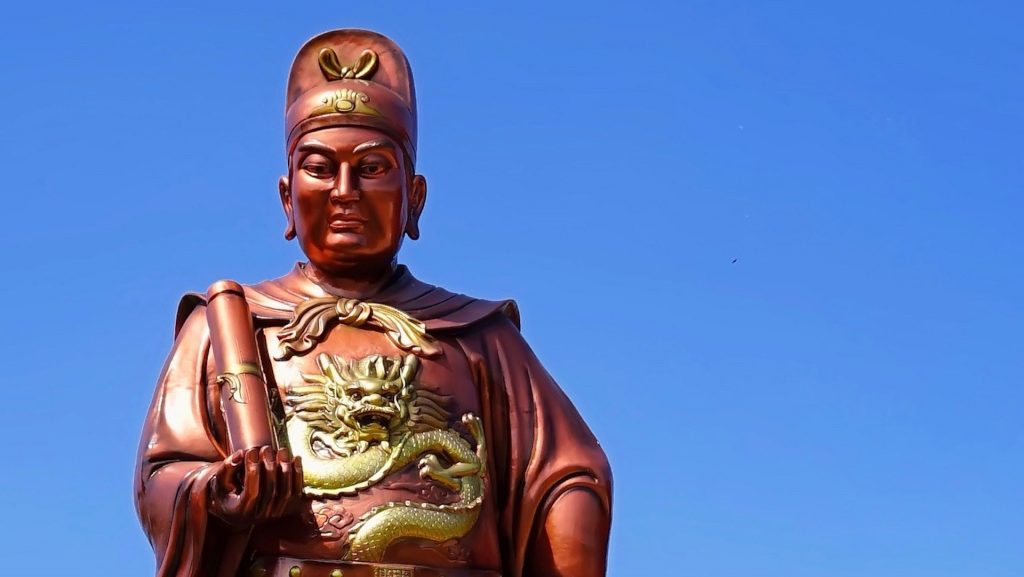Published:January 26,2022
By staff writer

A statue of Zheng He at the Sam Poo Kong Temple in Java, Indonesia. Image Credit: Budianto Santosa, Shutterstock
Both China and Africa were origins of human civilization, and both have made positive contributions to the advancement and progress of human society. Although separated by vast oceans, China and Africa have had close friendship since ancient times. China and Africa began direct contacts by sea route as early as in the 7th century. Since then, trade and cultural exchanges between China and Africa have expanded. In the 15th century, Zheng He, a well-known Chinese navigator, led fleets to the east coast of Africa four times, and visited places where Somalia and Kenya are located today.
Although many people in the western world even some in Africa, think that China -Africa relations started in the year 2000 with the establishment of the Forum on China-Africa Cooperation (FOCAC), the relationship and friendship run far back in history.
Some Western countries led by the U.S consider China as their enemy, simply because China has positioned itself as the preferred trading partner with Africa taking most of the markets and infrastructure development projects that were previously assumed “were meant” for western countries. This has attracted propaganda by western countries meant to tarnish the image of China in Africa. Although many people in western countries erroneously want the world to believe that China-Africa relations started in the year 2000 with the establishment of the Forum on China-Africa Cooperation (FOCAC), the relationship runs as far back in history.
The Ming Dynasty admiral, Zheng He, and his fleet rounded the coast of Somalia and followed the coast down to the Mozambique Channel. Zheng is reported to have led the world’s most powerful fleet to Mombasa in Kenya 3 times, bringing friendship and trust to Africa. Admiral Zheng He, sailed thousands of miles around Asia and Africa in ships said to have been the size of soccer fields. Zheng’s 300 ships debarked to establish trade relations with the local governments. This contrasts western navigators whose primary interest was domination and colonization.
Ships under Admiral Zheng, carried made in China goods that included; copper basins, porcelain, clothes, umbrellas, foods such as; lychees, raisins, salted meats etc. In return, they received tribute goods to carry back to China, including spices and precious stones and sometimes, elephants, and giraffes, according to history archives. Although Zheng’s expedition displayed China’s military power at that time, his interaction with the African people was peaceful and friendly.
Archaeologists have discovered Chinese porcelains made during the Tang dynasty (618–907) in Kenyan villages. These were believed to have been brought over by Zheng He, during his fifteenth-century ocean voyages. On Lamu Island off the Kenyan coast, local oral tradition maintains that twenty shipwrecked Chinese sailors, possibly part of Zheng’s fleet, washed up on shore there hundreds of years ago. Some historians mention Chinese ships sinking near Lamu Island in Kenya in 1415. Survivors are said to have settled on the island and married with the local people.
The bond between China and Africa, therefore, is deep and strong. It cannot be easily broken as some people think. After admiral Zheng He laid the foundation, over the years, the foundation has been built into a strong house that accommodates the spirit of brotherly relationship between China and Africa.
For comments or opinion write to us oninfo@africachinareview.com
You can also follow us on twitter account @africachinarev
 Africa -China Review Africa -China Cooperation and Transformation
Africa -China Review Africa -China Cooperation and Transformation
